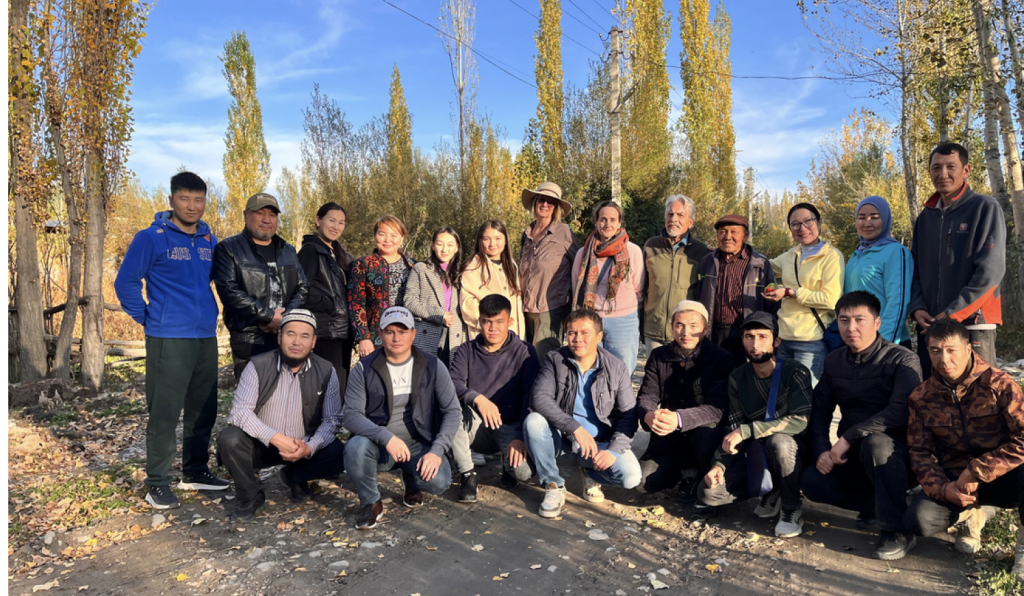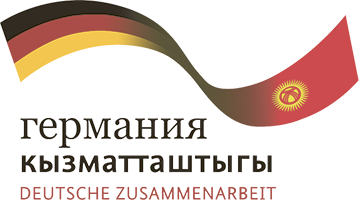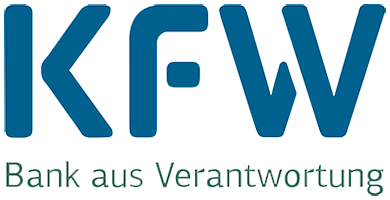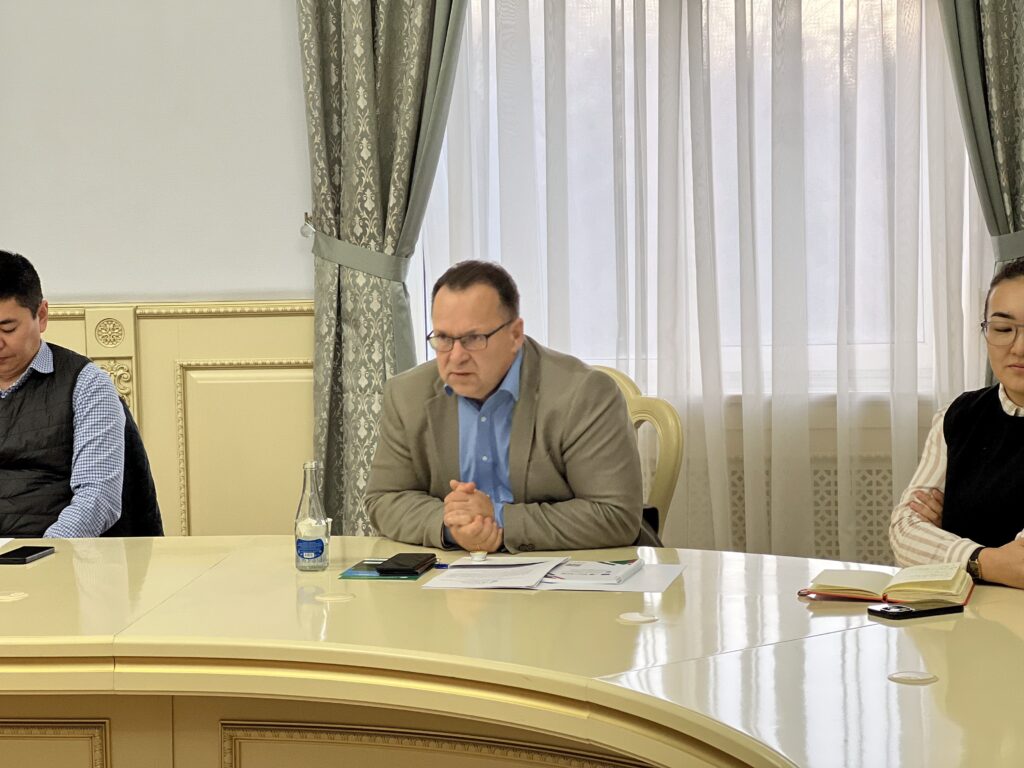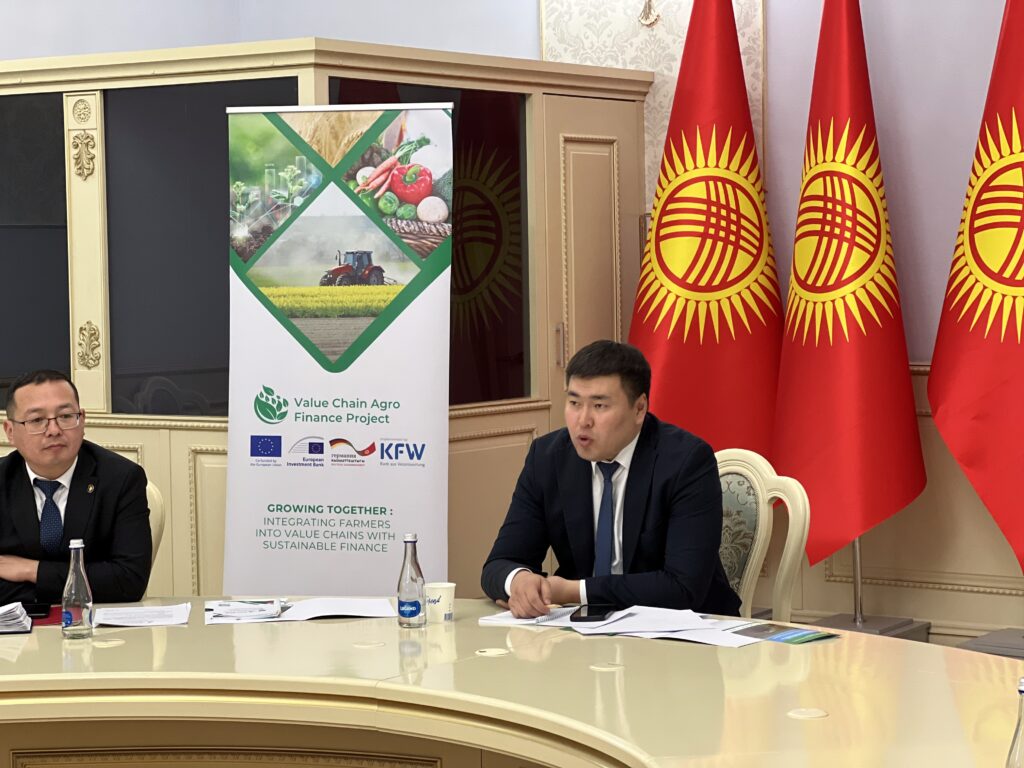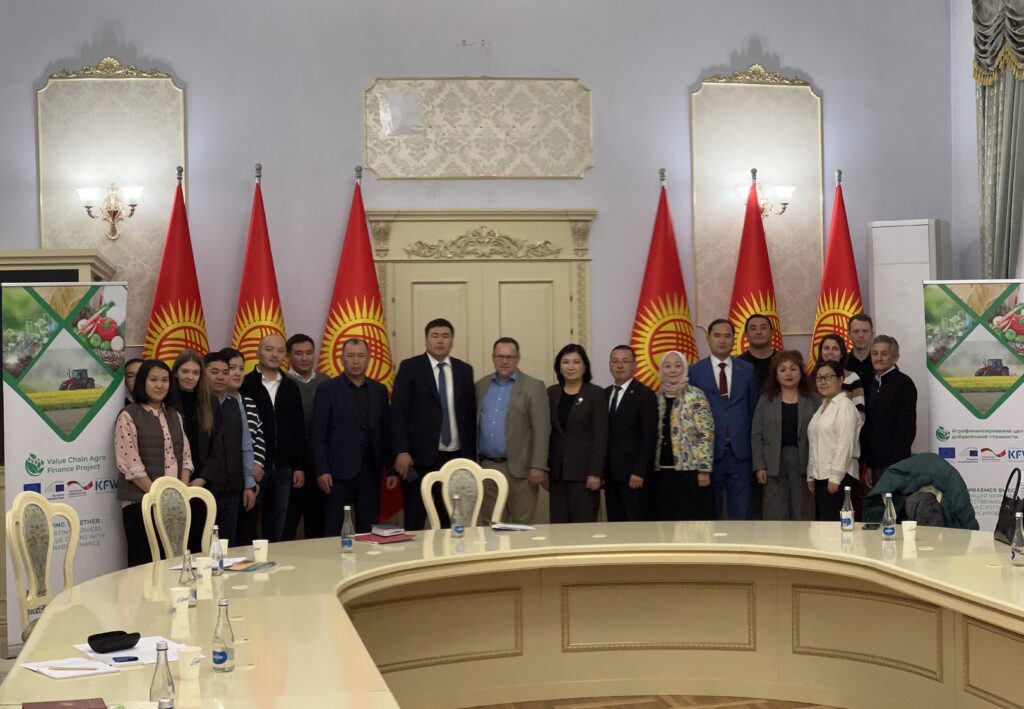We successfully completed the next training session as part of the “Berry Growing Agronomist School” organized by the “Mоmо” Association. Participants from all regions of Kyrgyzstan learned modern approaches to berry farming, including land preparation, planting, care, increasing yields, and developing sales skills.

As part of the first stage, a thorough selection process was carried out. Out of more than 500 applications, 50 of the most promising agronomists, farmers, and young professionals from across the country were chosen. The selection criteria included experience in agriculture, professional skill level, and willingness to apply the knowledge gained to develop their regions.
The training began with introductory lectures and seminars conducted by leading international experts. Participants learned the basics of modern berry farming, innovative plant protection methods, and key approaches to marketing and brand development. Practical sessions took place at demonstration plots in Bishkek and Osh, where participants were able to apply theory in practice, mastering the latest irrigation systems and biological pest control techniques.
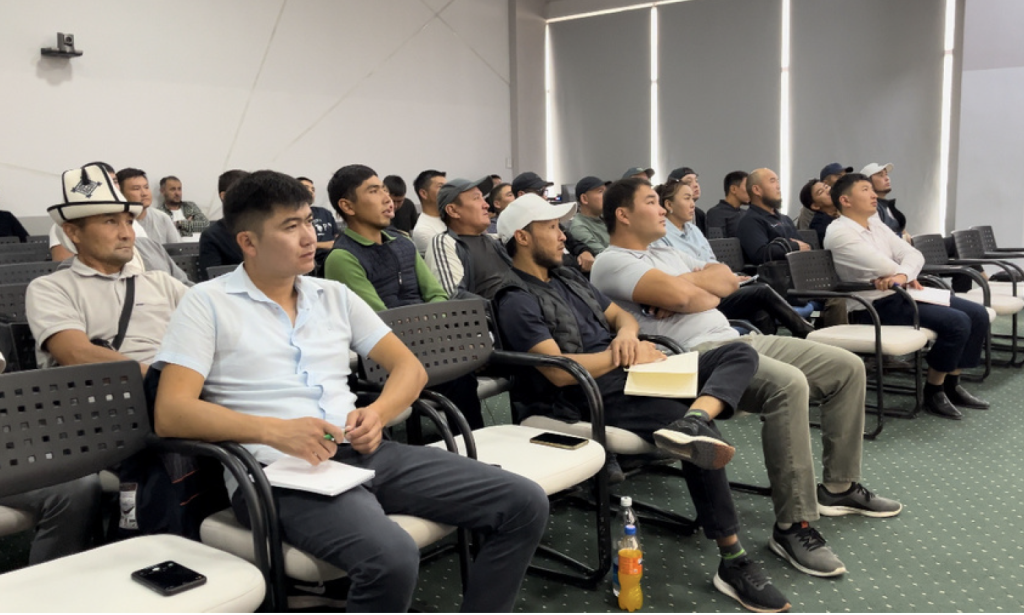
The program also provided a unique platform for networking. Participants established connections with international companies involved in the production and supply of seedlings, biopesticides, and modern agricultural technologies. These connections will help introduce advanced solutions into Kyrgyzstan’s berry farming sector.
The Berry Growers Association continues to work on the next stages of the program, including advanced training modules and practical workshops, with the goal of forming a professional community of the next generation of agronomists.
This training has become an important step in the development of berry farming and sustainable agriculture in Kyrgyzstan.
